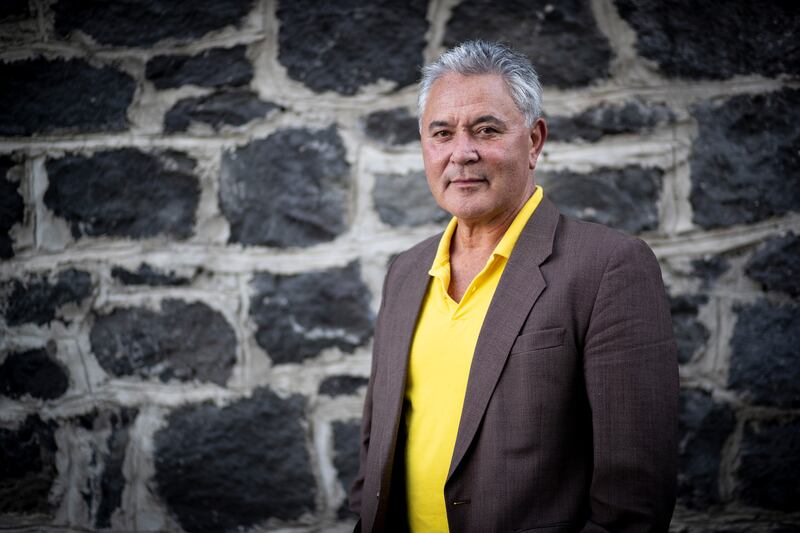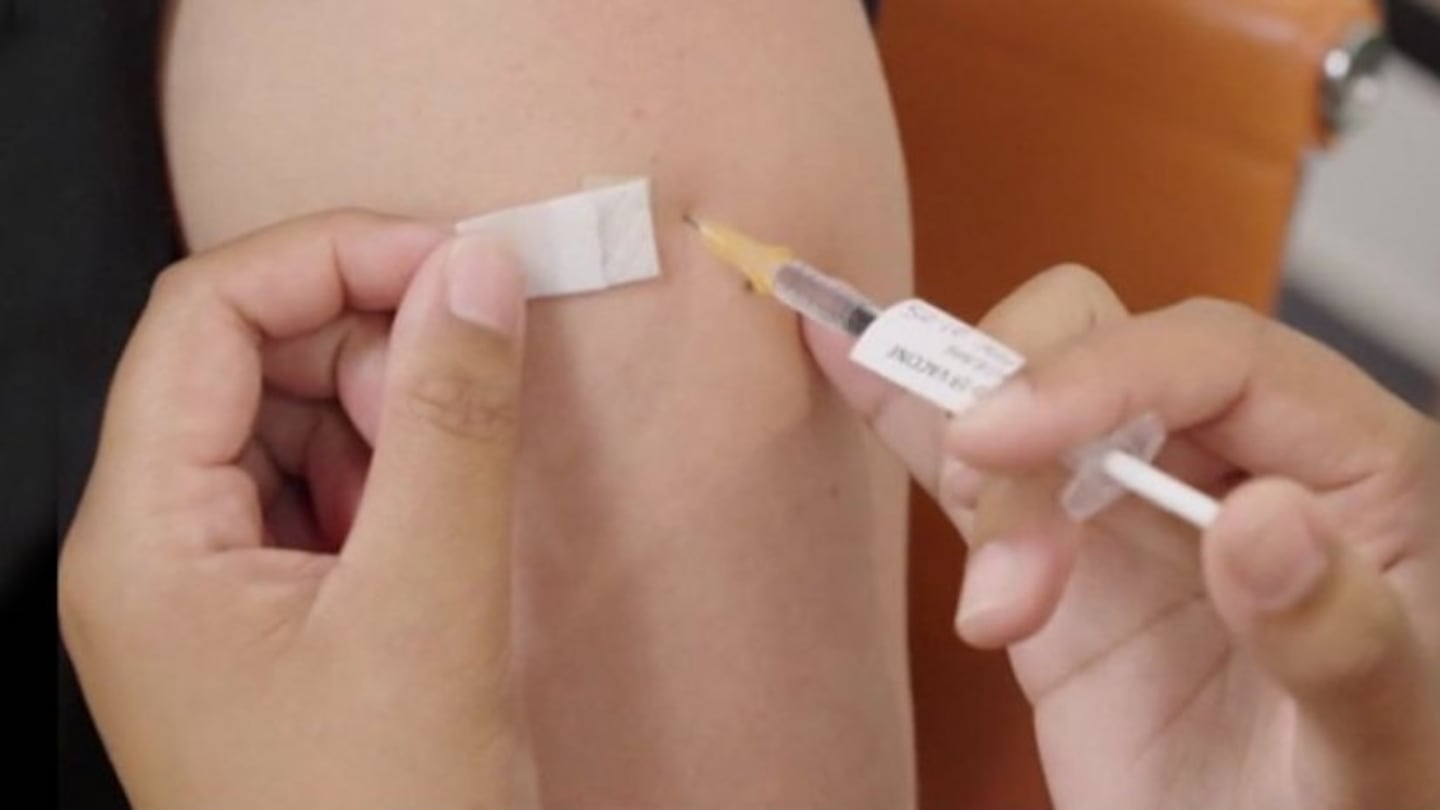Māori health leaders say they’re concerned the government has dramatically overestimated the number of Māori who have been vaccinated for Covid-19, thereby putting lives at risk.
Whānau Ora chief executive John Tamihere says that instead of using recent population estimates, the Ministry of Health is relying on data of the number of Māori who used the health system two years ago.
Tamihere says given Māori have far lower accessibility rates to GPs and health systems more generally, so there could be a dramatic undercount of Māori.
"In Auckland alone, 60,000 Māori didn't attend a GP service over the course of the year in which this was chosen," Tamihere says.
Māori health researcher Dr Rawiri Taonui says he’s discovered the ministry's population stats differ by at least 100,000 people from Stats NZ's estimated Māori population.
"In the 12+ age group, the official figures say 91.3 per cent of Māori are vaccinated but the real figure's a lot closer to 85 percent," Taonui says.
Taonui says even more concerning is the fact that barely a third of Māori aged 18 to 49 have received a booster shot.
"We have a virus at the moment, which is more infectious but less severe, but is taking a lot of lives because of sheer weight of numbers," Taonui told Waatea News.
“Now Māori are particularly at risk if a newer variant appears that impacts on younger populations because that’s when our low vaccination rates will really make us vulnerable,” he says.

Whānau Ora CEO John Tamihere says that instead of using recent population estimates, the Ministry of Health is relying on data of the number of Māori who utilised the health system two years ago. / NZME
In a statement the Ministry of Health claims it used its internal Health Service Utilisation (HSU) numbers for granularity of data around ethnic groups and because the latest Statistics NZ data available is from the 2018 Census.
"At the time it was adopted, the HSU was the most accurate and complete set of data that could be produced. It was used in combination with a comprehensive range of sources to ensure the data is as robust as it possibly can be to inform the rollout," the ministry said.
"We do acknowledge that the use of HSU data - as with any data set - has some limitations, with a number of people potentially not included because they have had no interaction with the health system in a given year. In addition, the ethnicity with which someone identifies in the census is not always the same as their ethnicity as recorded in the NHI data, which also creates differences between the data sets.
"However, the advantage of using this data, which includes people's district health board of residence, is that it provides a stable health-specific population denominator on which to base vaccination targets. Unlike the Stats NZ data, the HSU data can be split by sub population [for example, level 2 ethnicity], which is important when rolling out an immunisation programme at a local level.
"Notwithstanding the limitations and variations within the data, which we have already outlined publicly, we can have confidence that a very high proportion of New Zealanders are vaccinated against COVID-19."
Tamihere, who has been at loggerheads with and successfully fought the Ministry of Health twice in court over accessibility of vaccination data for Whānau Ora providers wants an independent inquiry into the vaccine rollout, as it relates to Māori.
“A royal commission of inquiry will be necessary, because another pandemic will come,” Tamihere said.
Māori make up 22 per cent of all people hospitalised with Covid-19, despite making up 17 per cent of the population.



